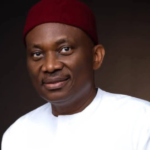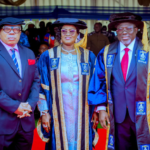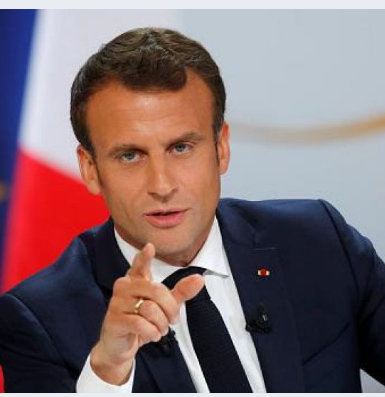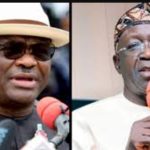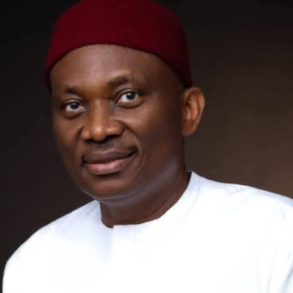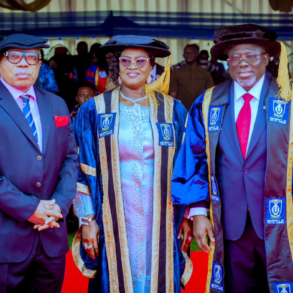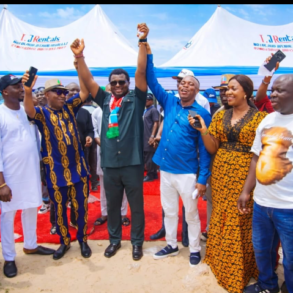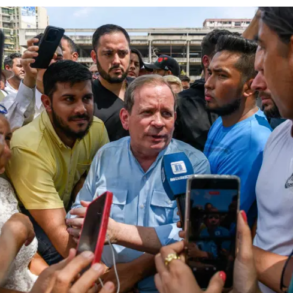French President Emmanuel Macron on Saturday cautioned that unity within the Group of 20 (G20) is increasingly at risk following the United States’ decision to boycott this year’s summit in Johannesburg, South Africa.
The summit, attended by nearly two dozen world leaders, was notably marked by the absence of U.S. President Donald Trump, who has clashed with Pretoria over multiple diplomatic and domestic issues. Washington’s no-show also complicated procedural matters for the group, particularly the planned handover of the G20 presidency.
South African President Cyril Ramaphosa rejected a proposal for the 2026 presidency to be handed over to an American embassy representative, insisting that such a transition must be conducted by a head of state, minister, or presidentially appointed special envoy.
Foreign Minister Ronald Lamola underscored this position, saying: “The United States is a member of the G20, and if they want to be represented, they can still send anyone at the right level.”
Speaking at the plenary, Macron warned that the absence of key actors, especially the United States undermines the G20’s ability to respond to global crises.
“We are living in a moment of geopolitics in which we are struggling to resolve major crises together around this table, including with members who are not present today,” Macron said. He pointed particularly to a new unilateral U.S. peace plan for Ukraine that aligns with several of Russia’s demands.
European leaders met on the sidelines to coordinate alternative proposals, reaffirming their support for Ukraine’s sovereignty. Macron reiterated: “There can be no peace in Ukraine without Ukrainians, without respect for their sovereignty.”
The French president said the G20 is struggling to find consensus on issues ranging from humanitarian law to international sovereignty. He urged member nations to “collectively re-engage around a few priorities” to restore the credibility of the forum.
Washington’s decision to skip the summit follows a pattern of withdrawing from multilateral engagements. The U.S. embassy reportedly told Pretoria that the summit’s priorities “run counter” to American policy views and that the U.S. would not support issuing a joint declaration.
Nevertheless, leaders at the Johannesburg summit adopted a communiqué calling for peace in Ukraine, Sudan, the Democratic Republic of Congo, and the Occupied Palestinian Territory. It also emphasised protections for the global supply of critical minerals.
Presidential spokesperson Vincent Magwenya dismissed concerns over the U.S. boycott: “We cannot be held back by one country.”

